Preventing problems > solving problems
Being great at solving problems is reactive, being great at preventing problems is leadership
For the past handful of months, I've been struggling with balancing my priorities - what do I know needs to be proactively done vs. the day-to-day reactive items that come into us from others.
As the marketing team has grown from 5 to 9 in the past quarter + we'll be adding another 2 teammates in two weeks, I put my head down this past month to start trying to solve for this. I could brute force my way through everything that needed to be done with a smaller team by putting in more hours during the day, but that's no longer feasible.
Tell me if the following sounds familiar to you…
Expectation:
The more things I can cover in a day, the more results I can drive for our business
The fewer things I can cover in a day, the fewer results I can drive for our business
Reality:
The more things I actually cover in a day, the fewer results I can drive for our business
The fewer things I actually cover in a day, the more results I can drive for our business
Sponsor: Storylane
Most of our working hours are spent on items that are "urgent" but not always "important". As a result, very few hours are left for "non-urgent" but "important". This is a huge miss. Every quarter, our marketing team has a "hackathon week" dedicated to this problem. A week where we block off our calendars and select 1-3 items that are "non-urgent", but can make a MASSIVE impact on the business.
This week is our Q3 hack week and one of the most surprising (and exciting) things to me is that there are multiple team members who are going to start going deep on building interactive demos + building out a few different use cases that span the entire customer lifecycle. This is the part that I geek out about most as a marketer + end user - how often are you able to have a solution that solves for multiple problems? Rarely are we empowered with a tool that can accomplish this with the specificity required, short of being a point solution.
A quick sneak peek of what we’re nerding out on starting this week:
1️⃣ Imagine a world where our entire onboarding team went away. Our Customer Success team was all on holiday for a month. Customer Support vanished.
Is it possible to build out a series where a brand-new customer could successfully onboard themselves following these step-by-step demos?
And more importantly, knowing each customer has their own set of unique variables, could the interactive demo be tailored to these variables so it's highly relevant?
2️⃣ For a prospect who's merely researching or just "curious" about what's out there, what is the most compelling pain of theirs that we can proactively show is not only solvable, but also how *easy* it can be solved
If we know the job-to-be-done they're struggling with, can we create a short interactive demo that highlights the biggest pain within that JTBD and how it can be solved within 3-5 clicks of the demo?
What would you build?
Leading vs. being reactive
This one was a huge "aha" moment for me when listening to this podcast episode a month ago as it put the delineation between these two so simply + clearly.
TL;DR of the episode: being great at solving problems is reactive, being great at preventing problems is leadership
If we're constantly in the weeds, if we’re constantly reacting to the fires that are coming up and putting them out, there's nobody to drive forward the function we lead - we’re simply holding ground. This work feels productive, but it's misleading as it often looks like meetings we didn't plan, tasks that aren't our priorities, and putting out fires that we didn't foresee.
The result of this is that a lot of the work we're not getting to is the work that's incredibly important, but not necessarily “urgent,” which is what leaders are here to drive forward.
"But I need to be there helping my team."
This was + will forever be one of my biggest worries. Leadership means solving the harder problems, right? When a member of my team gets stuck or is unsure of something, they should come to me to point them in the right direction, right?
Yes, but…
We need to break this. Our teams should be strong enough that us not being involved in the weeds, in the minutiae of the day-to-day, so that they should be able to function like a well-oiled machine. If they aren't, it means we're allocating our time incorrectly as leaders + aren’t getting the right systems, processes, and enablement in place for them.
I’m not saying don’t help your team. I’m saying that we should be teaching + coaching them as each one comes up so they can anticipate things like:
What’s Sam going to ask me when I bring this to him? Have I gone through these and answered them?
Have I identified the underlying cause of this issue or am I simply presenting a problem?
Have I thought about not just a solution to this, but multiple potential solutions to this? Rarely is the first “solution” that comes to mind the right or best one.
Pulling this thread + thinking about the buckets where I spend my time, I found that the majority of my day-to-day fell into one of three buckets:
Reactive/tactical work
Overseeing team execution
Proactive work
And here’s what I found my typical week looked like after bucketing the work I did into these 3 areas:
No bueno.
It’s no wonder I would feel productive, but wasn’t seeing meaningful progress forward - I was holding ground. 90% of my time was spent on reactive work or overseeing/helping my team with what they were working on.
So I thought more about this - what should a productive week look like if I want to stop simply holding ground and start taking ground?
And that’s when I swear Devin Reed was in my brain and shared something very similar that he experienced in Q2 in his newsletter, The Reeder:
So I replied back to Devin (side note: we love replies to these emails. It’s not like LinkedIn or other places where you get a feedback loop if people like what was shared, what your take is on it, etc. All we have to go off of is that you didn’t unsubscribe after reading it 😂). Told him this one was one of my favorites of his to date + why it resonated so deeply right now.
Then he hit me with another nugget of gold during our follow-up exchange:
That last line of his, specifically, "I want one great thing from you this week, not a list of tasks,” is brilliant - simple and powerful. And I told him I was absolutely going to steal that and credit him with it, so this is me, stealing that last line for myself + for my team, but crediting Devin with it :)
Going from reactive to proactive
Let’s take a second to outline what being proactive actually means. As a leader, it often contains things like:
Building + optimizing company/dept systems
Assessing the team
Assessing the existing strategy and execution + designing the strategy moving forward (remember: what has gotten us here usually is just a subset of what will get us there)
Hiring plans, levelling up existing team members, and resource acquisition
As an individual contributor, it’s not much different:
Building + optimizing your systems
Self-assessments
Assessing your existing strategy and execution + designing the strategy moving forward (remember: what has gotten you here usually is just a subset of what will get you there)
Professional development + skill acquisition
So in effort to answer the question posed earlier, “what should a productive week look like if I want to stop simply holding ground and start taking ground?” here’s what I realized by typical work week should look like:
Big difference here as we shift from reactive to proactive.
Proactive work goes from 10% to 50%
Reactive work drops from 50% to 25%
Overseeing team execution goes from 40% to 25%
We aren’t going to be able to get rid of reactive work. Our team will always need our help. This future state isn’t naive enough to assume those will be eliminated. It’s simply reprioritizing how much time we spend within each of those 3 buckets.
With that in mind, here were my three main takeaways after reflecting on this:
Every single person in the company, every single customer, every single prospect, are going to want something from us - our time, our attention, our resources, our approval → this resource only becomes more scarce as time goes on + we keep growing
We have to treat our time differently than how we did a quarter ago, a year ago, two years ago, etc. as the dynamics at play in those periods were all very different to where they are now and will they will be again in another quarter, year, etc.
The final harsh truth: Are we allowing people who don't know what we're focused on or how to grow a company to dictate where we spend our time?
And this last question is where I decided to take this exercise from theory to practical.
Proactive prioritization in practice
Say that three times fast.
What I’m about to share is something I do at a personal level. It’s something I have our entire marketing team do. It’s something our executive leadership team does for our weekly meeting.
It’s because it works. And it’s incredibly simple.
I used to feel like I wasn’t getting enough done during the day. That my to-do list was longer at the end of the day than the beginning. That I was perpetually behind.
Then we made this shift. My entire perspective changed and we started making meaningful progress forward AND faster than before.
The shift?
Answering 1 simple question:
Looking forward, what are the 2-3 most impactful things we should be doing?
Most of us don’t answer this question unless asked. And since nature abhors a vacuum, it gladly fills up our day with things to do, whether they’re impactful or not. This is an exercise in reclaiming that space and proactively deciding what we should be doing to drive the most impact.
Leadership level
At the leadership level, these are typically 4-12 week long items. For example, here are a few I had in recent quarters:
Recruiting + hiring
Levelling up our SEO
ABM foundational data + execution
We then give a quick update on where these initiatives are at so all are aligned and aware. Nothing groundbreaking. Nothing sexy. Just good old fashioned communication.
Each of us knows what our teams should be doing to accomplish the larger business objectives we’ve set. And sharing this across this group is what sets the foundation that allows us to help our teams answer the question posed earlier: Are we allowing people who don't know what we're focused on or how to grow a company to dictate where we spend our time?
Team level
At the team level, I have each member share 3-5 items that, when completed this week, will make a positive impact. These are intentionally viewed through a 1 week lens to keep us focused on what we need to do and protective of our time to ensure these are completed. Here’s what this looks like in the rolled up view our team uses:
We don’t just list the tasks we’re working on + the timelines for them, but we also intentionally prioritize each item (P0 = drop everything and do this —> P3 = not urgent, but will make an impact), as well as assess each of these in relation to the impact they’ll make on net new sales and on churn/retention (💰💰💰 = significant impact, blank = no impact).
At the beginning of every week, I drop this note into our marketing team slack channel to have everyone add in what they’re going to be working on this week AND what was on the list last week that wasn’t accomplished. This is not to shame or guilt anyone for not accomplishing tasks, but to help us understand the why behind it not being completed so we can learn from that + apply that learning moving forward.
Individual level
This was the big one for me. This was the application that allowed me to stop feeling like I was simply holding ground and allowed me to start taking ground.
What 2-3 things do I need to make progress on today?
Note that I chose the word “progress” very intentionally here. Many of the meaningful things we can do in our roles aren’t tasks that can be accomplished in 30 min or a few hours. Yes, we will get those quick wins here and there, but most often, it’s putting forth a consistent effort toward a specific item that is where we make the progress we’re looking for.
It’s completely ok to have the same thing on your list for multiple days in the week. The key thing to ensure is that each day we’ve made progress forward on it.
For example, one of the items I had on my daily + weekly list this week has been building a custom GPT that’ll help our sales, marketing, and BDR teams. For 3 days I’ve had an item on my to-do list simply labeled “Custom GPT,” but within that task I have a bulleted list of what needs to be done to see it through from start to finish, and each day I’m able to strikethrough a handful of the bullets to ensure steady progress is being made.
BONUS: a few focus tips
Everything wants our attention in today’s world.
Countless notifications going off. Far too many little red dots on our phones. Slack and email messages coming in. Requests for our time + help.
Here are 4 things I’ve been doing lately that have significantly levelled up my focus:
Moved 95% of the apps on my home screen to the second page so I don’t see them
All those notification bubbles? Gone. The temptation to open that one app? Gone.
Here’s what’s on my home screen: phone, email, text, web browser, calendar, Slack
Grayscale mode
Want to remove a signficant amount of control your phone has over the dopamine rush it gives you every time you pull it out? Put it in grayscale mode so all of the colors are gone. Much less enticing.
Grab a focus app that prevents you from making constant phone “pick ups” during the day
Set a timer for how long you want to focus for + hit go. Gamification is built in so you get little rewards for the duration of your focus.
I use an app called “Focus Friend” where it’s quite rude to interrupt Mr. Bean while he’s knitting
A pair of quality headphones + a solid playlist
This one’s pretty straightforward + for good reason. Block out outside sounds + distractions and gets you into a relaxed, flow state
Book quote of the week
“The feeling that we have endless time to complete our work has an insidious and debilitating effect on our minds…for this purpose you must always try to work with deadlines, whether real or manufactured.”
- Mastery, by Robert Greene
Side note: anyone here on Goodreads? Just joined this past week after a friend pulled me on + always looking for good recs on what to read. Find me on there + send me a friend request :) @Sam Kuehnle
See you next Saturday,
Sam
P.S. Any WHOOP users here? Came up this week in a comment thread on LinkedIn + thought it’d be fun to create a little team for anyone interested. Here’s the team code: COMM-609458 (100% free for users, literally just allows us to chat + see how we’re doing across the various metrics for some healthy competition and accountablility 💪)



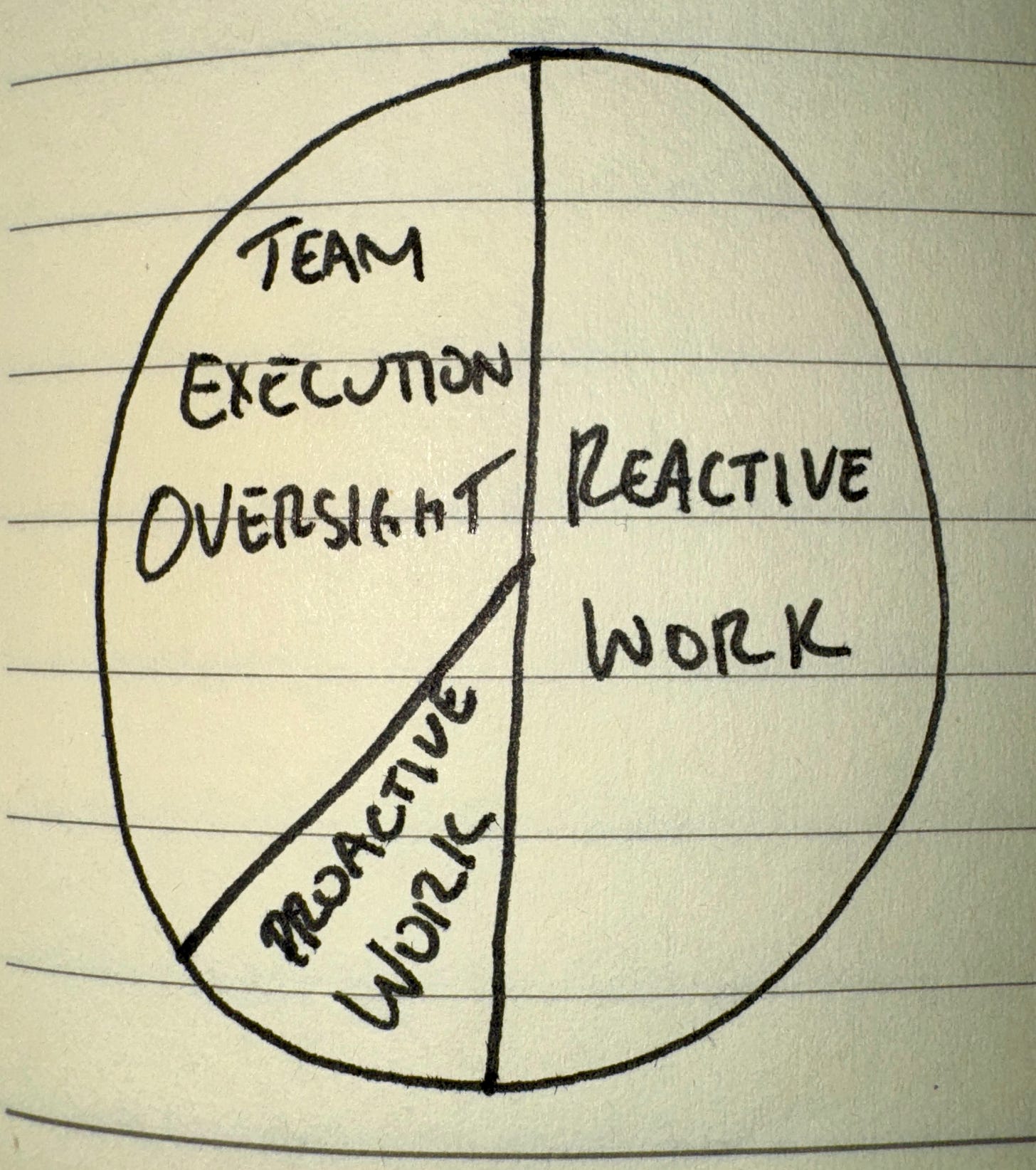
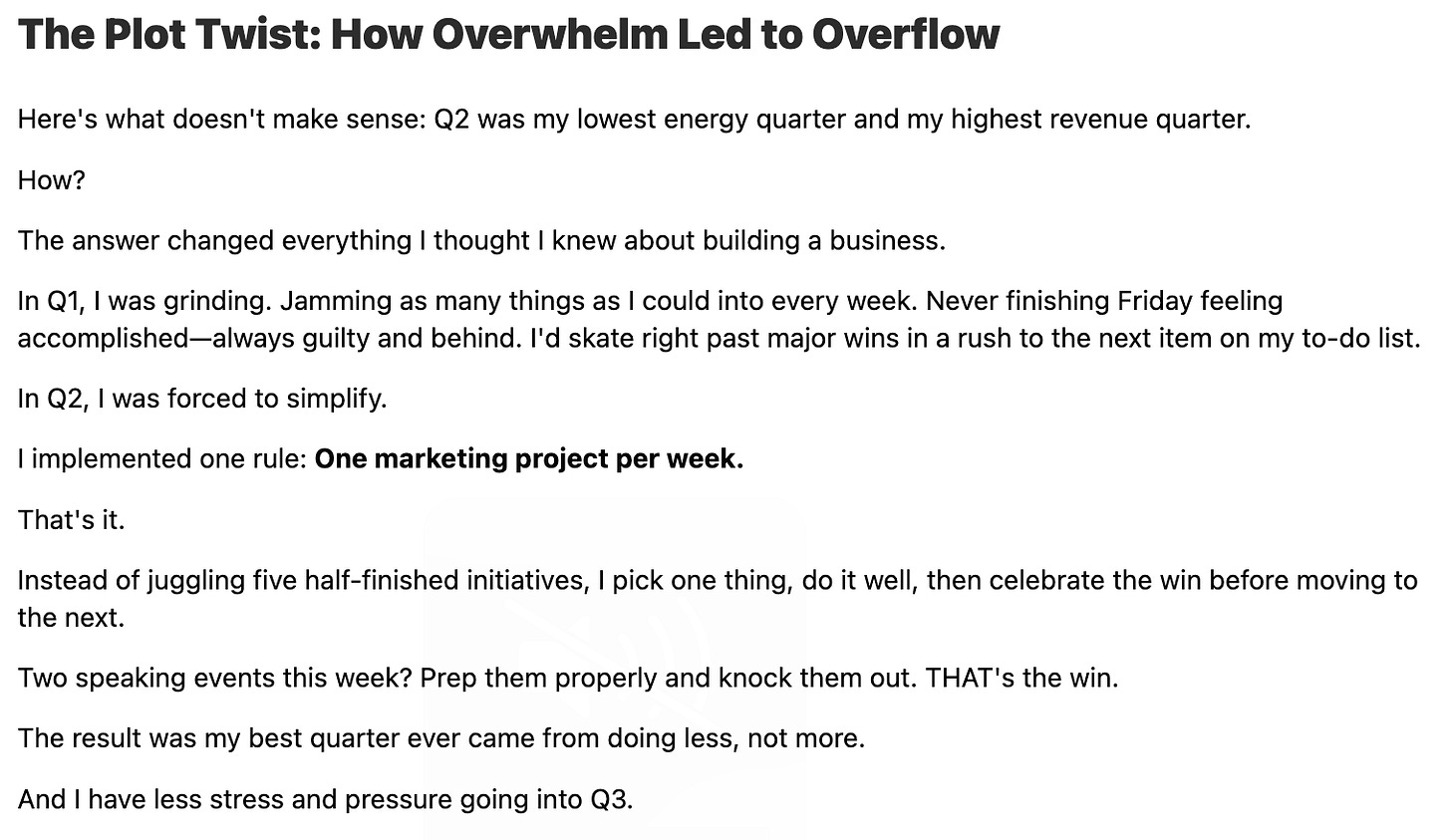

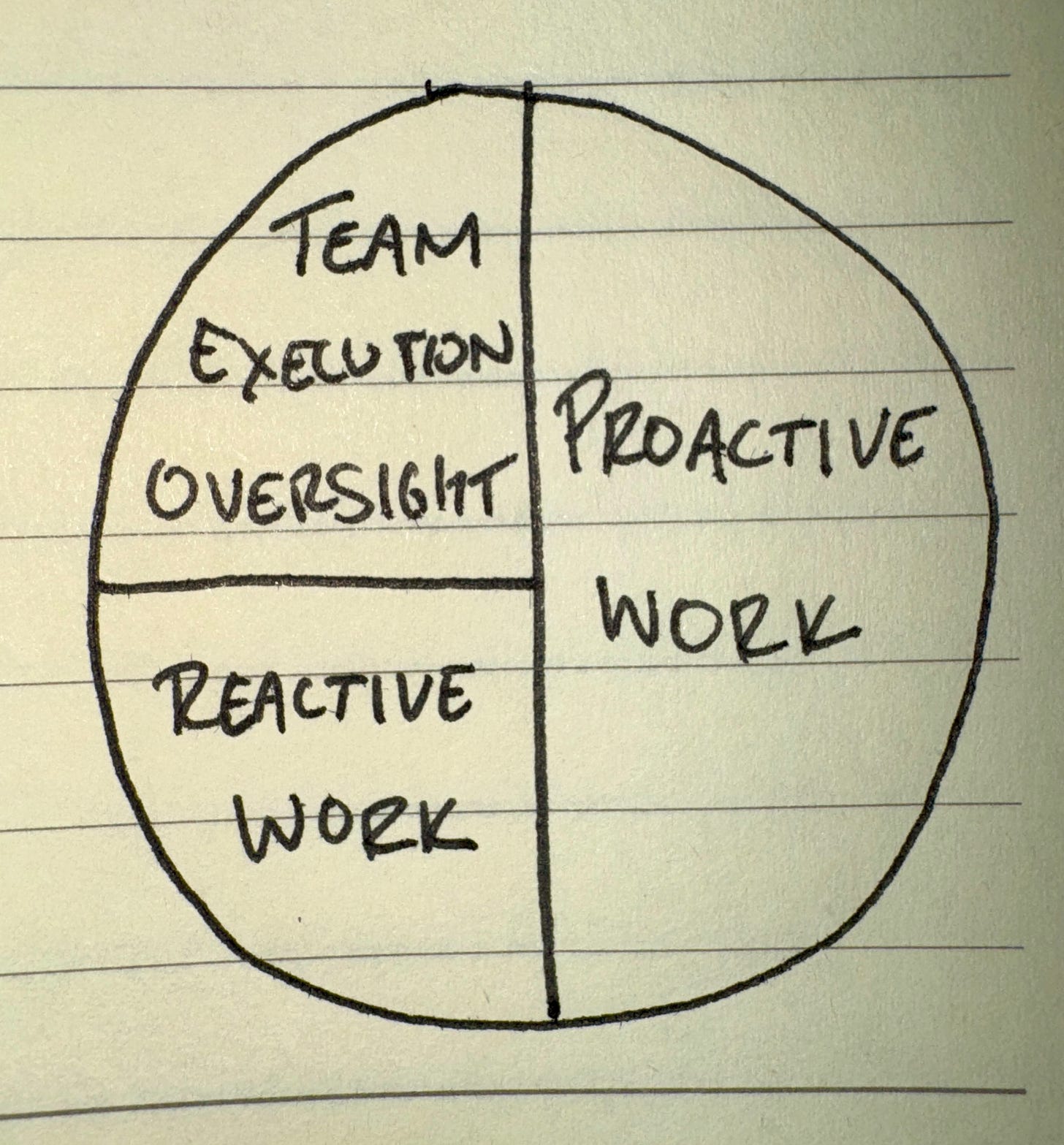
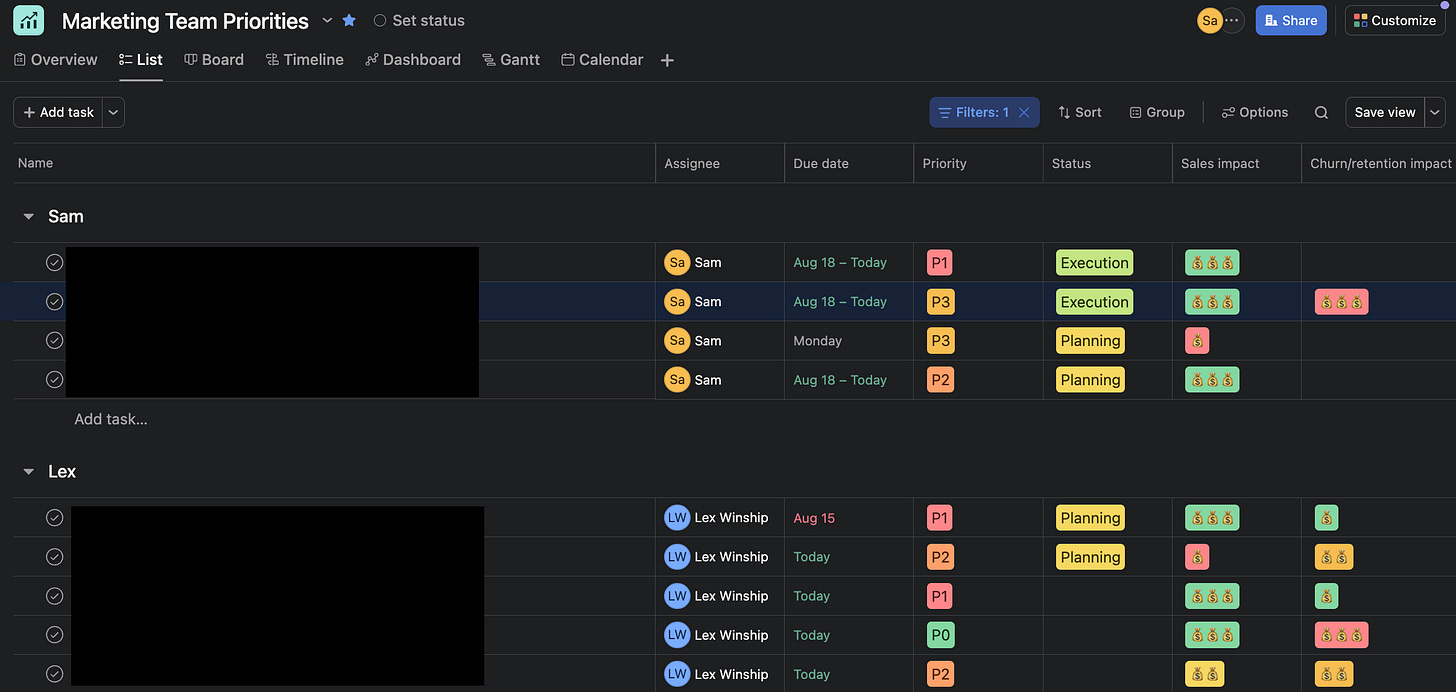
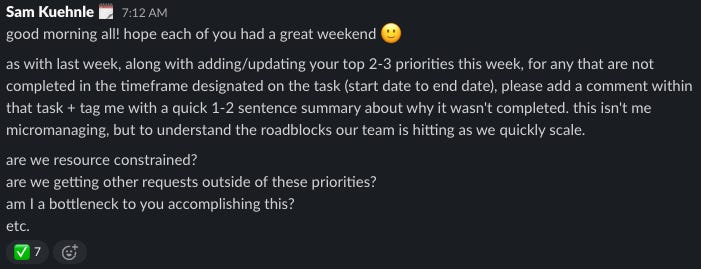
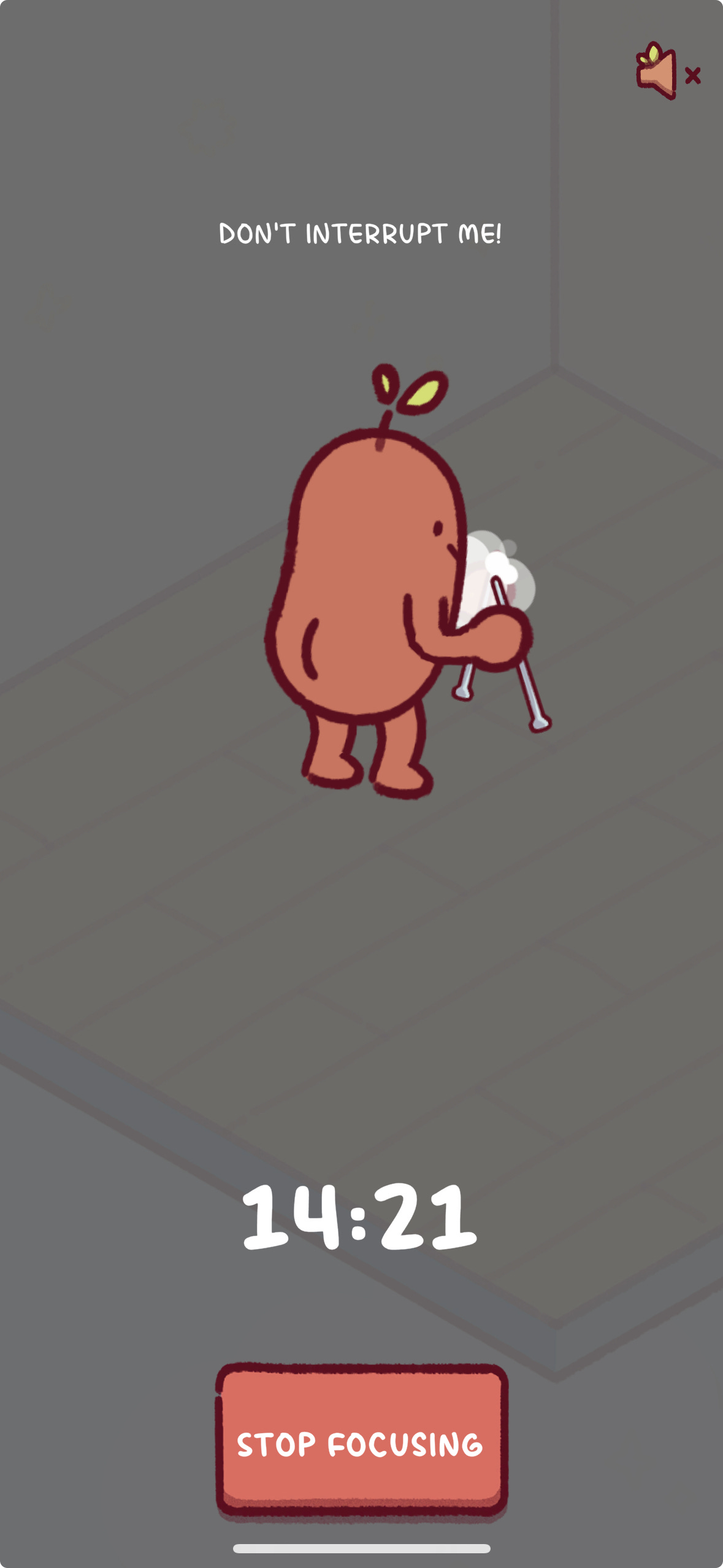
Big yess to understanding that most of what we do can never be done in 30 mins. Also, I’m going to have to check Focus Friend — Mr Bean looks interesting.
I used to be on GR but I still read, both fiction and non-fiction. What type of books are you looking to read? I can suggest some accordingly.
P.S. Gooood to see you here. Didn’t realize you’re on Substack!